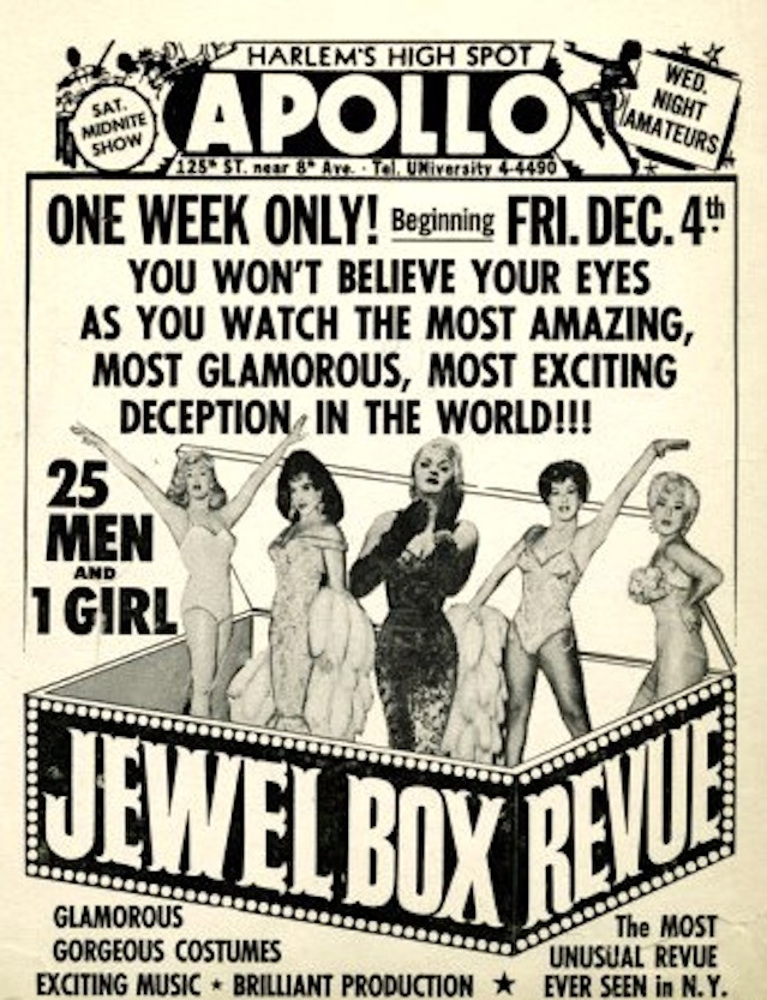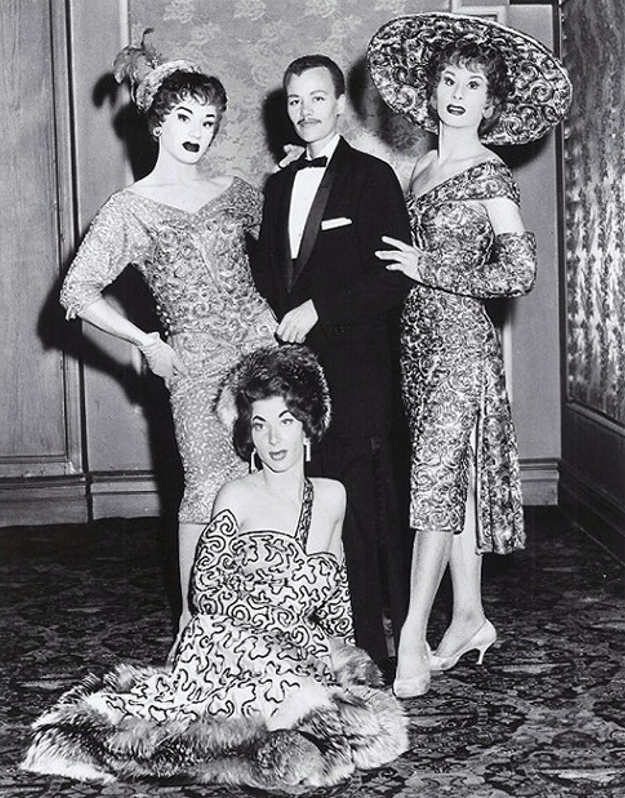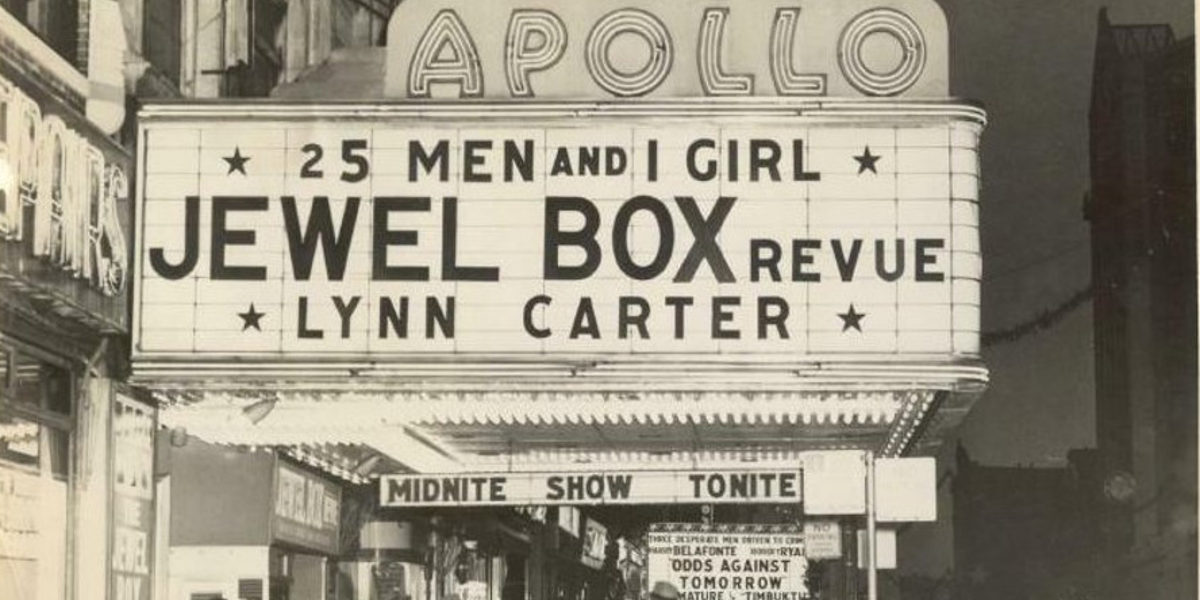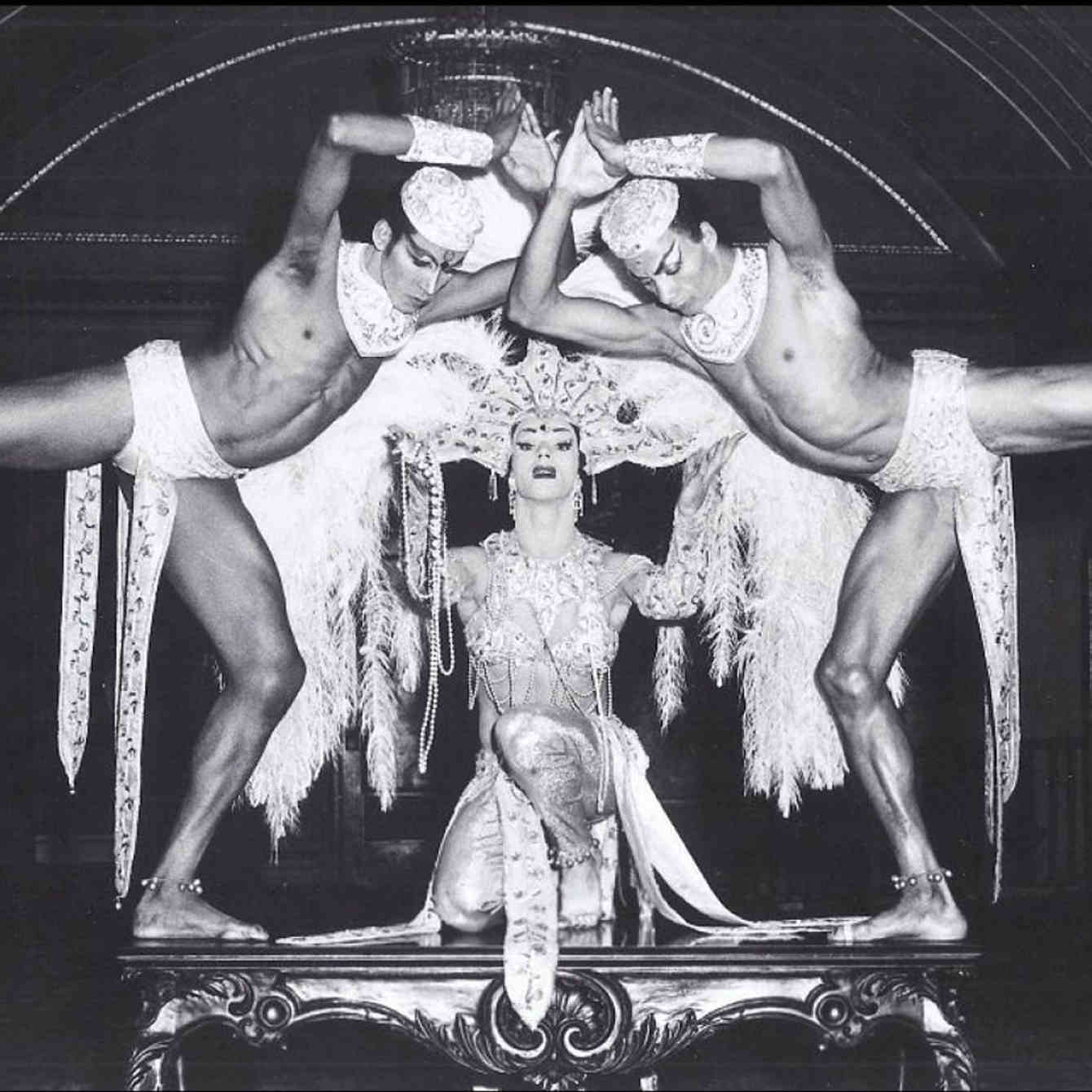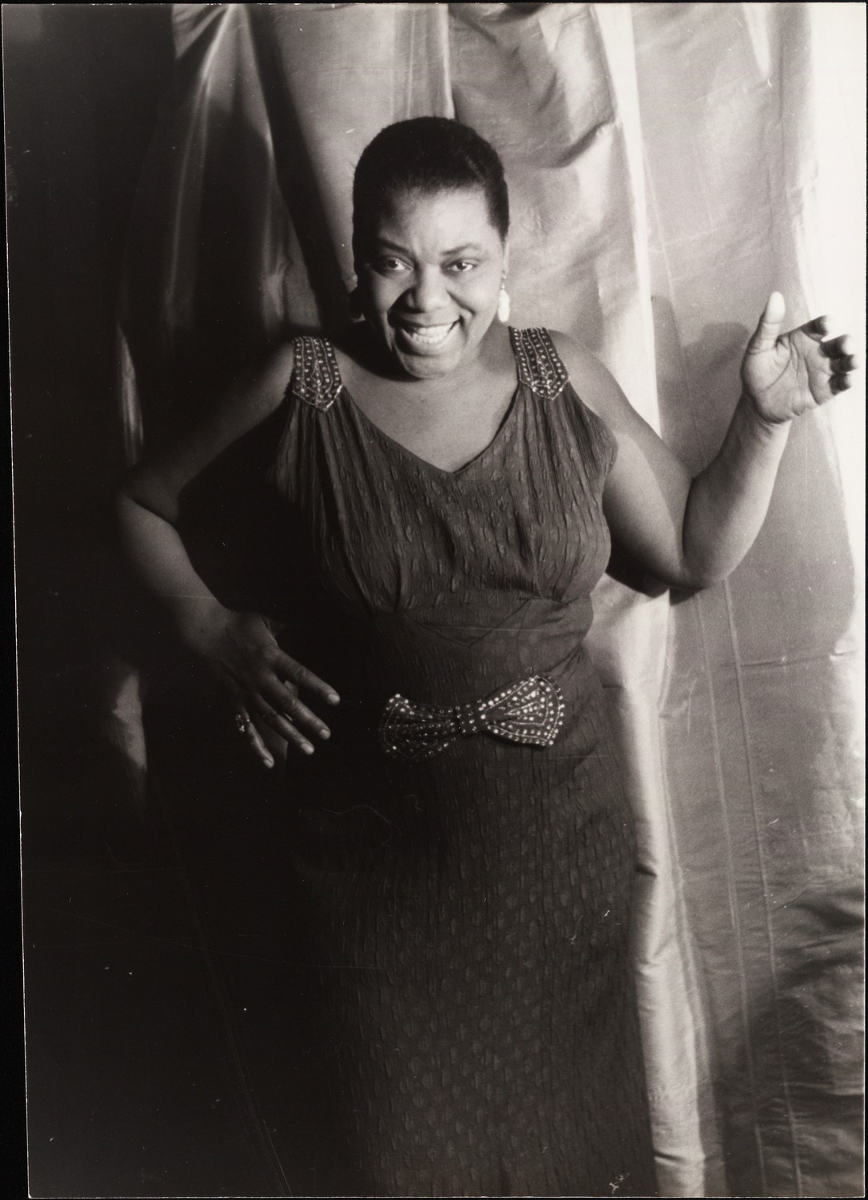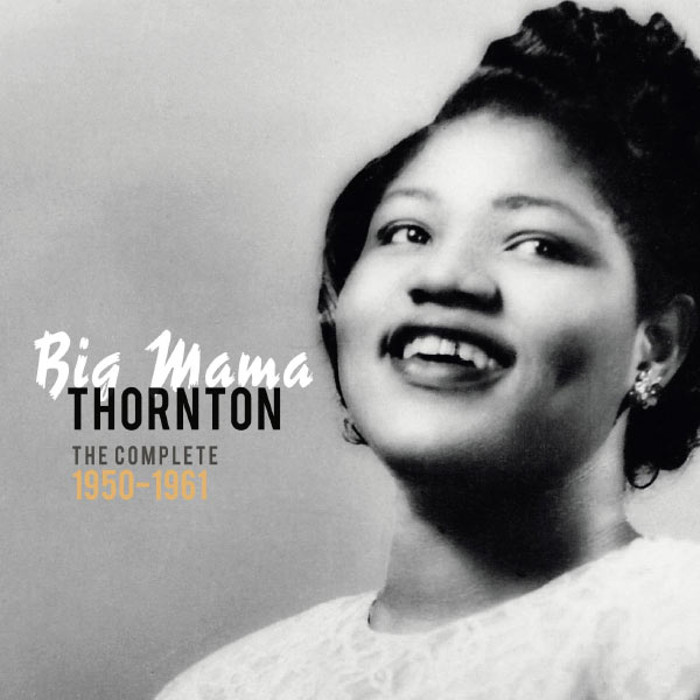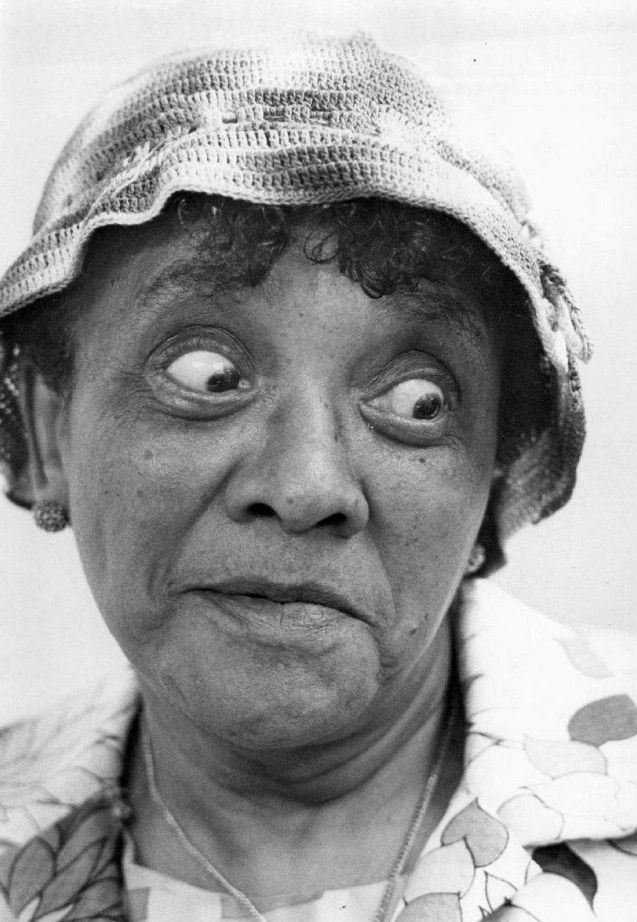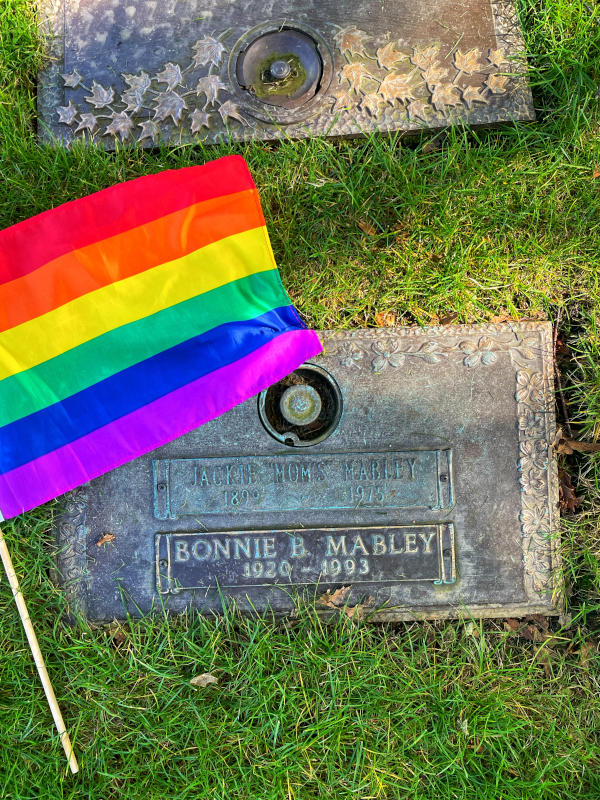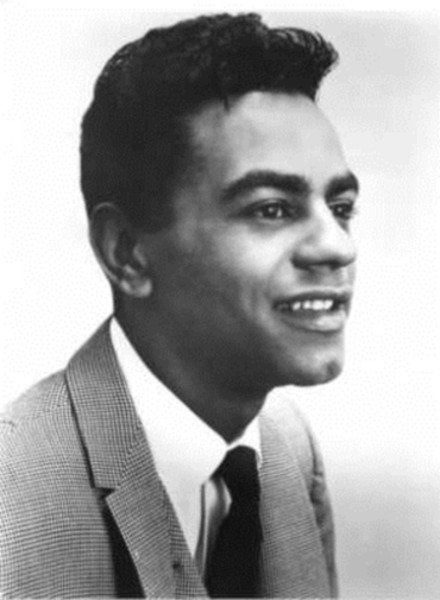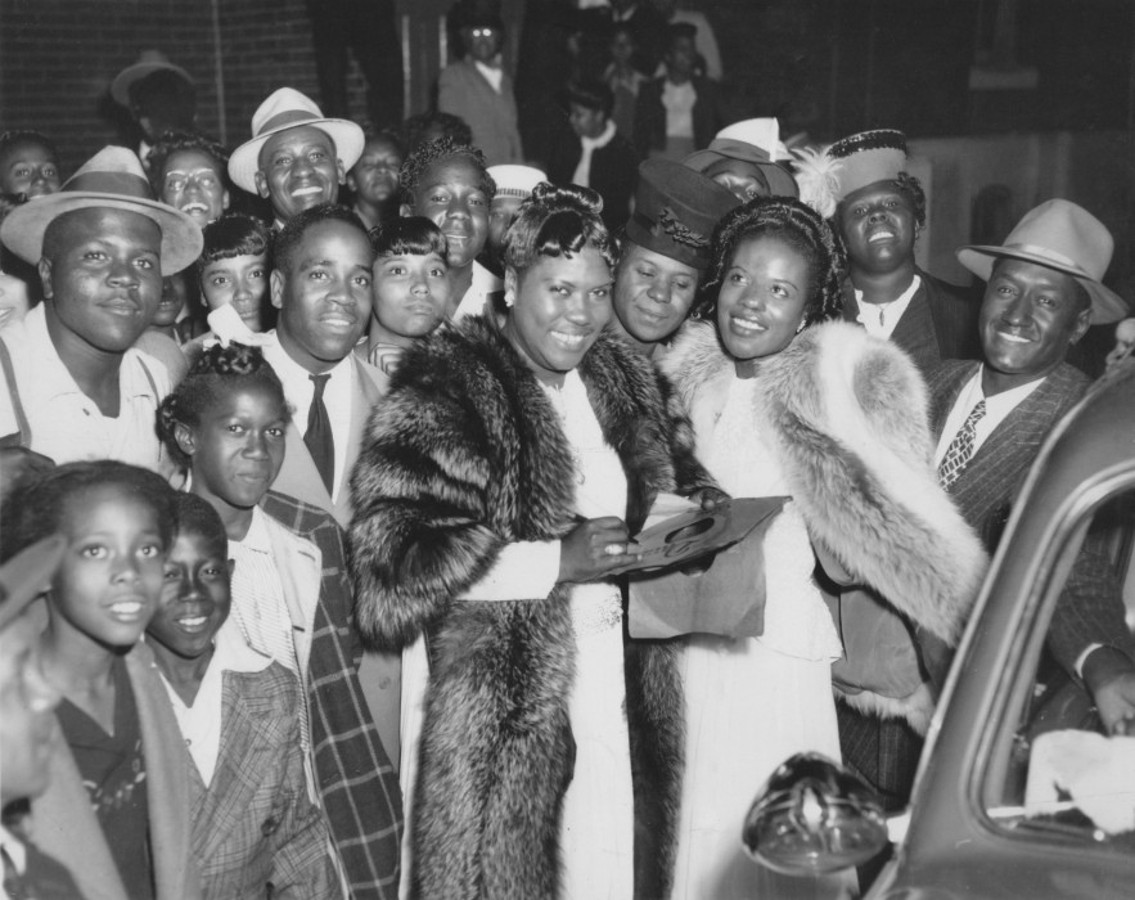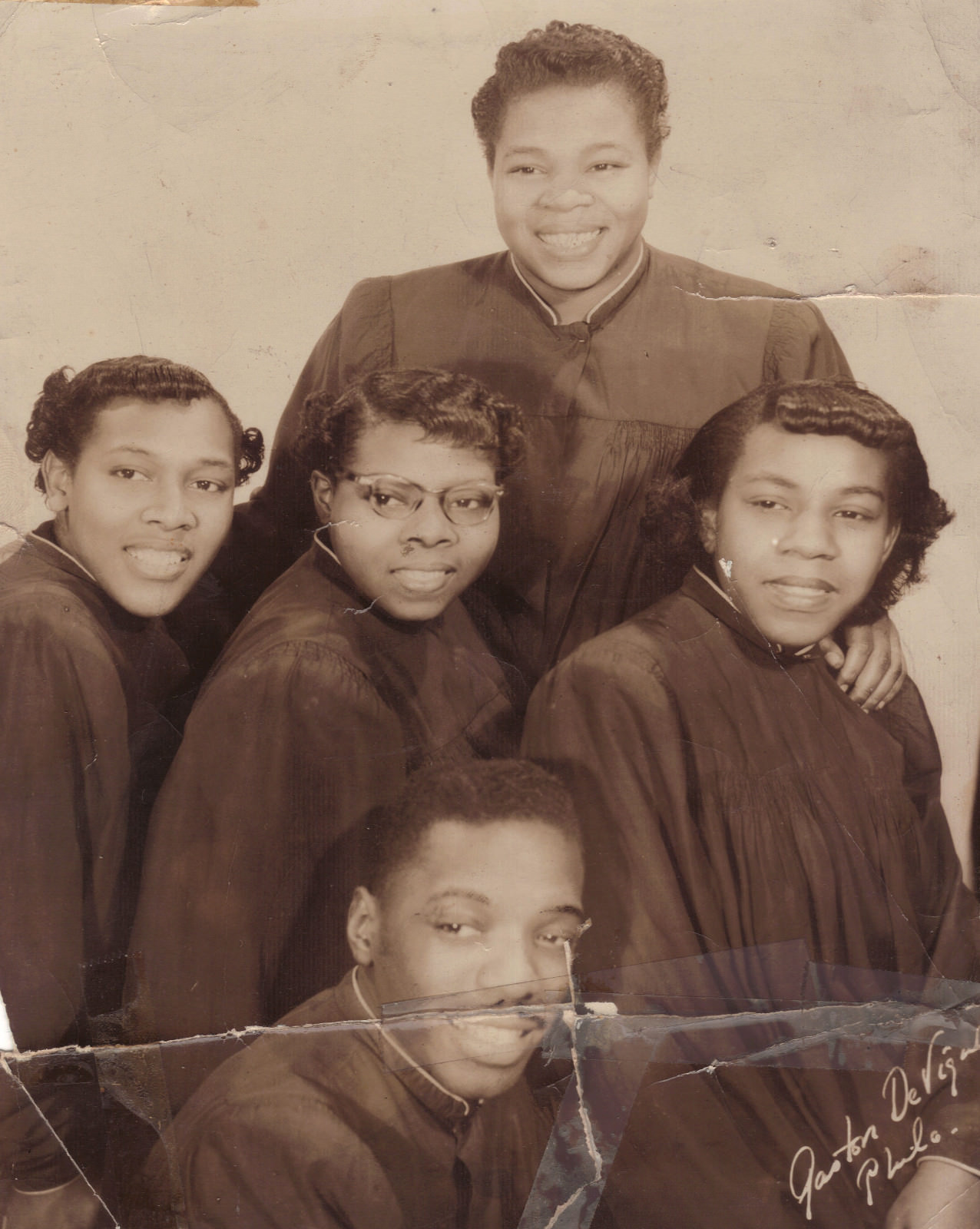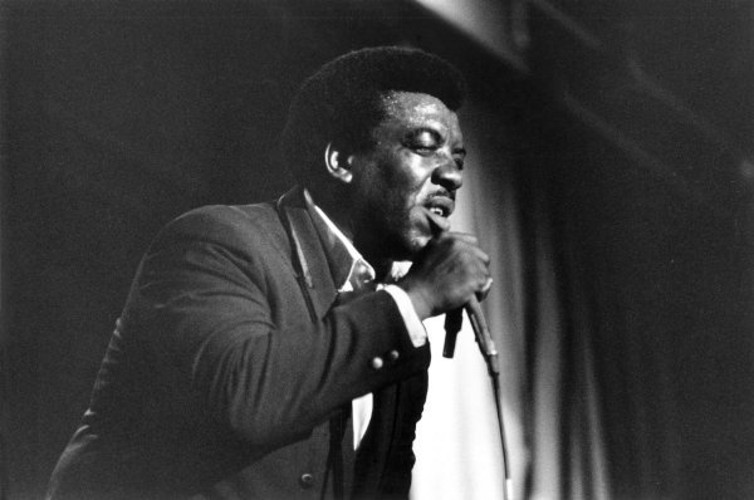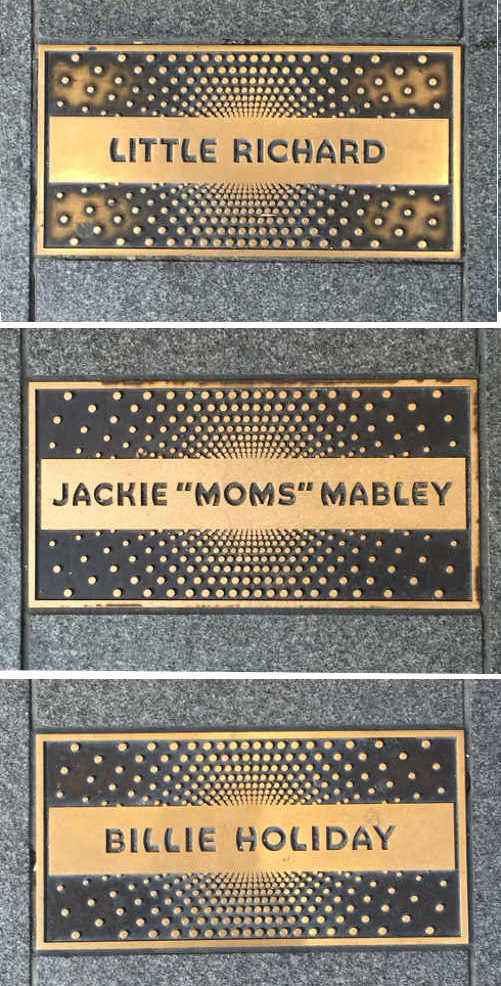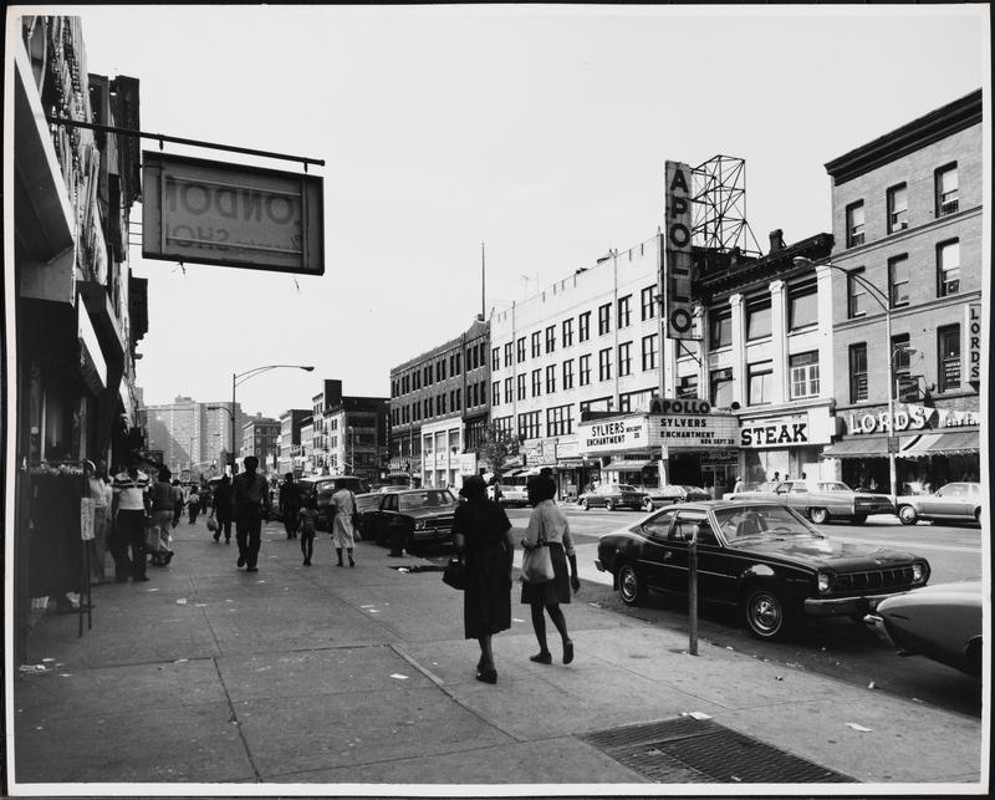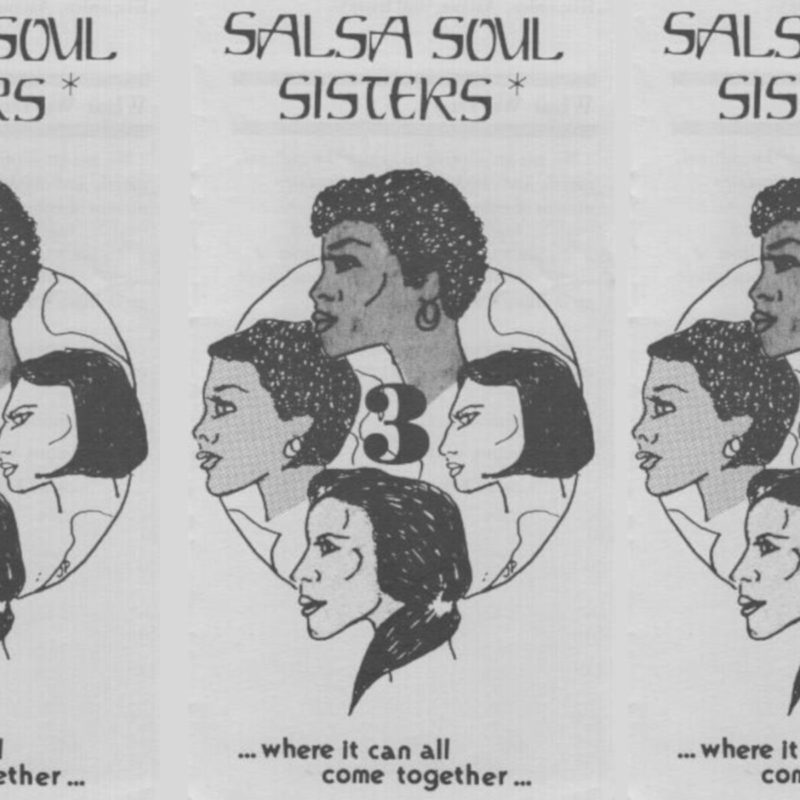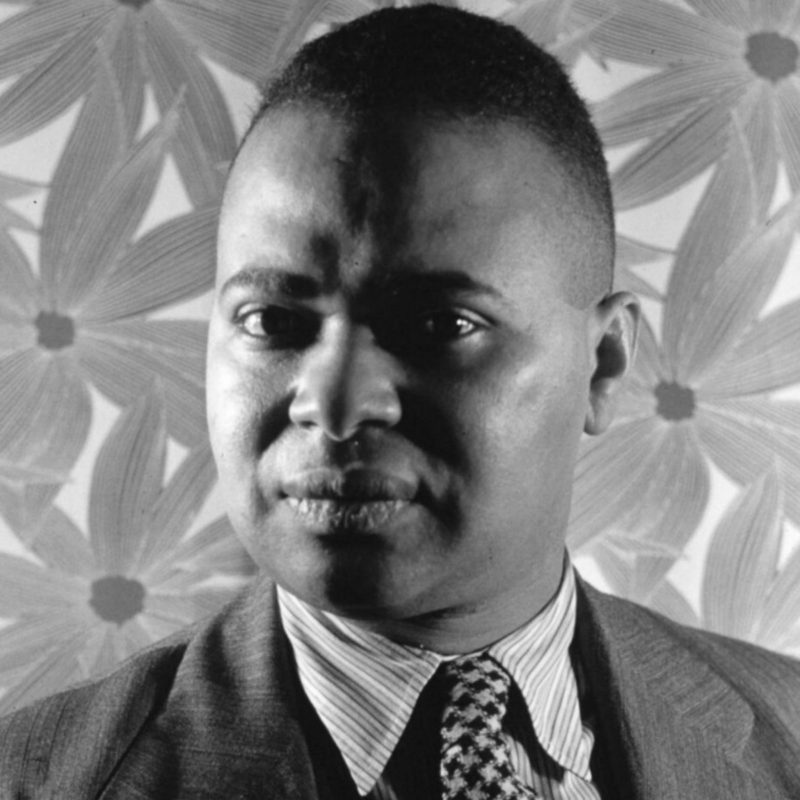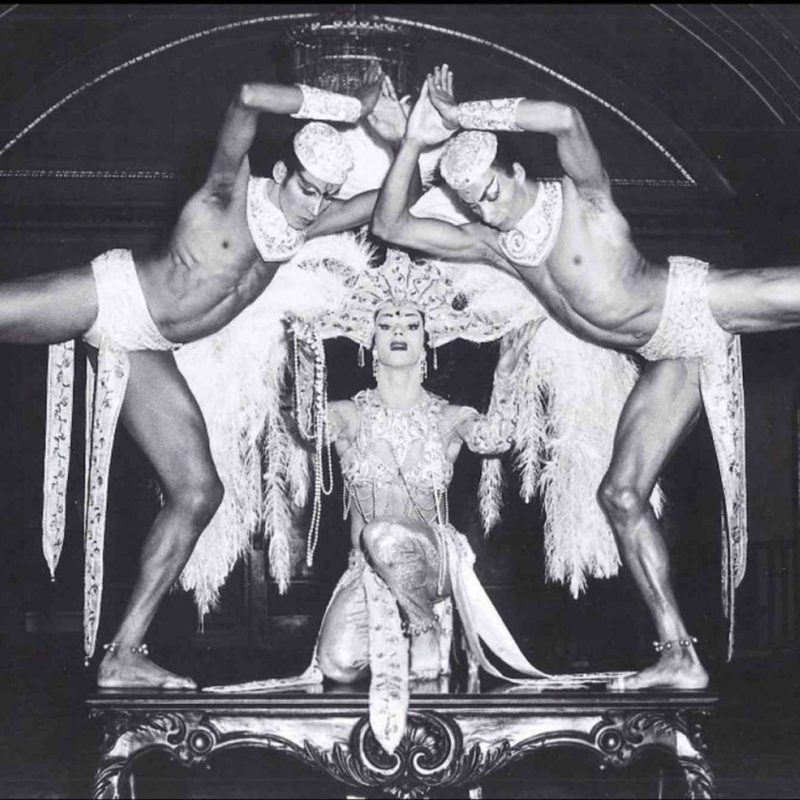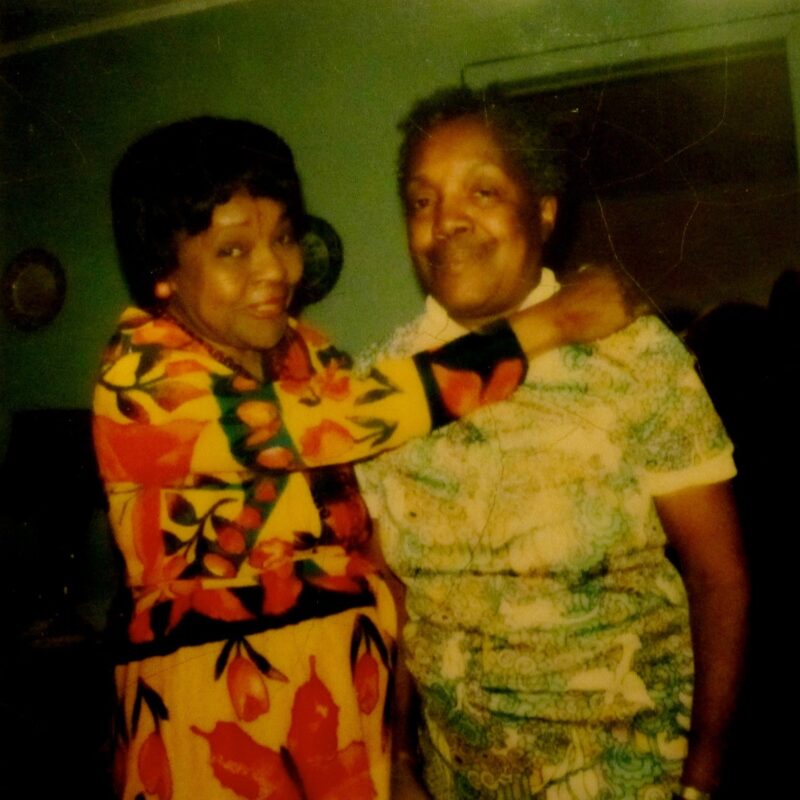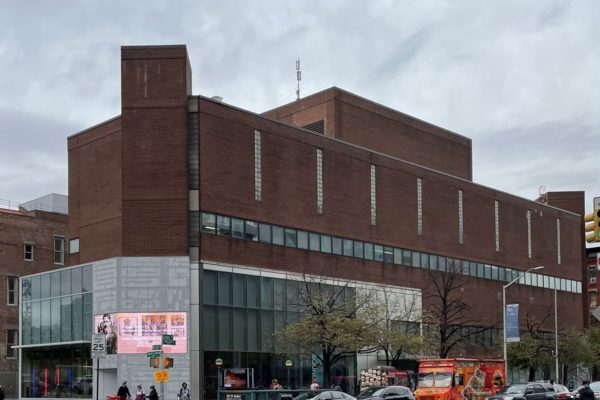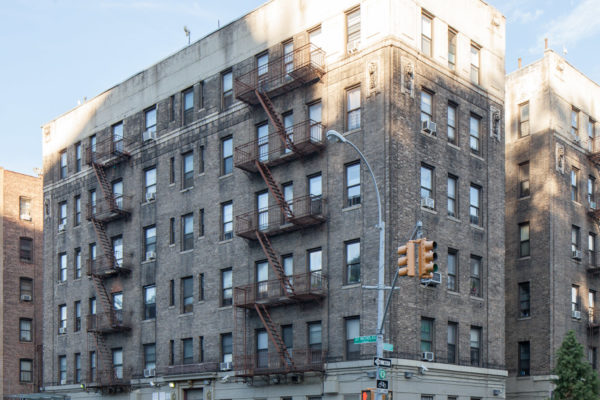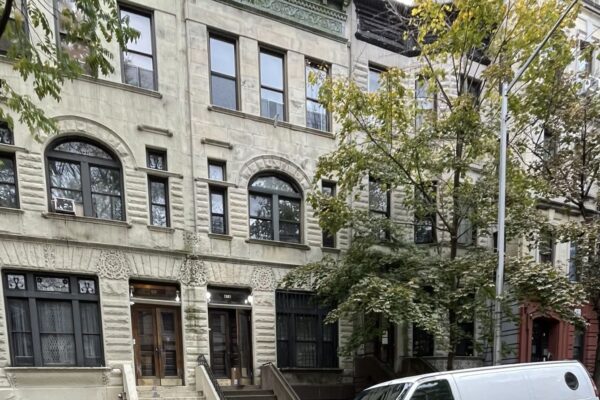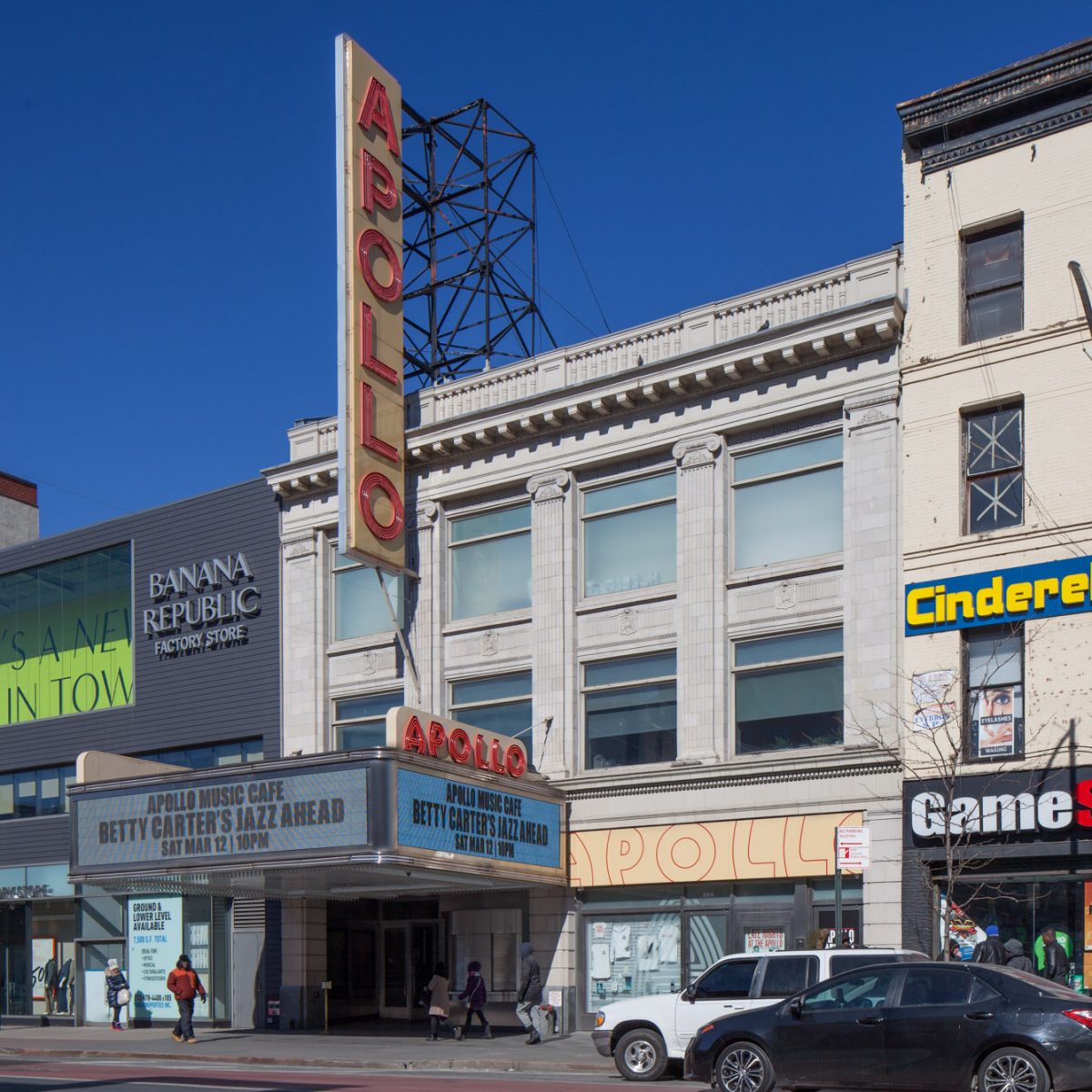
Apollo Theater
overview
During the Apollo Theater’s heyday as a showcase for Black performers from the 1930s into the 1970s, nearly every important African-American entertainer played here, including many LGBT stars.
In the 1960s, the popular drag show Jewel Box Revue was often hosted by its sole woman, Stormé DeLarverie.
On the Map
VIEW The Full MapHistory
As African Americans migrated uptown to Harlem in large numbers in the 1910s and 1920s, existing theaters began showcasing Black performers. Some of these venues welcomed Black audiences.
The Apollo Theater, which had operated as a burlesque venue in the 1910s and 1920s, was relatively late in bringing on Black entertainers. Although performers such as blues singer Alberta Hunter are said to have appeared here as early as 1930, African-American performers became the rule under new ownership in 1932. Three years later, again under new ownership, the Apollo instituted a permanent variety show format featuring leading Black talent that would last until the 1970s. This was particularly important as, even through the 1950s, few major theaters across the United States featured Black entertainers.
…the Apollo offered [African-American performers] the opportunity they rarely had elsewhere.
Every form of popular African-American entertainment – comedy, drama, dance, gospel, blues, jazz, rhythm and blues, swing, bebop, rock and roll, and soul music – was showcased at the Apollo.
LGBT luminaries included:
- Alberta Hunter, jazz and blues singer
- Alex Bradford, gospel singer
- Arthur Conley, soul singer
- Bessie Smith, blues singer
- Billie Holiday, jazz and swing singer
- Billy Preston, R&B, rock, soul, funk, and gospel singer
- Billy Strayhorn, jazz composer/arranger and pianist
- Carl Hall with the Raymond Raspberry Singers, gospel singer
- Carmen McRae, jazz singer
- Carolyn Franklin (and sister of Aretha), singer
- Clara Ward, gospel singer
- Clyde McPhatter, R&B, soul, rock and roll singer
- Dee Dee Warwick, soul singer
- Edna Thomas, actress
- Ethel Waters, blues, jazz, and swing singer
- Willie Mae “Big Mama” Thornton, R&B singer
- Jackie “Moms” Mabley, comedian and the first woman to headline a performance at the Apollo
- Jackie Verdell, gospel singer
- James Cleveland, gospel singer
- Jimmie Daniels, cabaret performer
- Johnny Mathis, jazz and pop singer
- Josephine Baker, singer
- Little Richard, R&B, rock and roll, gospel, and soul singer
- Luther Vandross, R&B, soul, and pop singer
- Marie Knight, gospel singer
- Maurice Hines, dancer
- Nona Hendryx, soul, funk, and R&B singer
- Nina Simone, singer, songwriter, and pianist
- Ruth Davis, gospel singer
- Sister Rosetta Tharpe, gospel singer
During the 1960s, a popular attraction at the Apollo was the Jewel Box Revue, America’s first traveling troupe of gender impersonators (though many of the performers may have defined themselves as transgender today). During an era of racial segregation, the group was particularly notable for its racially integrated cast of 25 men and one woman, master of ceremonies Stormé DeLarverie. The revue, which drew mixed-race audiences, also toured around the country.
Entry by Jay Shockley, project director (March 2017).
NOTE: Names above in bold indicate LGBT people.
Building Information
- Architect or Builder: George Keister
- Year Built: 1913-14
Sources
Anthony Heilbut, The Fan Who Knew Too Much (New York: Alfred A. Knopf, 2012).
Christopher D. Brazee, Gale Harris, and Jay Shockley, “150 Years of LGBT History,” New York City Landmarks Preservation Commission (June 2014).
Daniel Hurewitz, Stepping Out: Nine Walks Through New York City’s Gay and Lesbian Past (New York: Henry Holt & Co., 1997).
David Ritz, Respect: The Life of Aretha Franklin (New York: Back Bay Books, 2014).
Gayle F. Wald, Shout Sister Shout: the Untold Story of Rock-and-Roll Trailblazer Sister Rosetta Tharpe (Boston: Beacon Press, 2007).
Jay Shockley, Apollo Theater Designation Report (New York: Landmarks Preservation Commission, 1983).
Do you have more information about this site?
This project is enriched by your participation! Do you have your own images of this site? Or a story to share? Would you like to suggest a different historic site?
